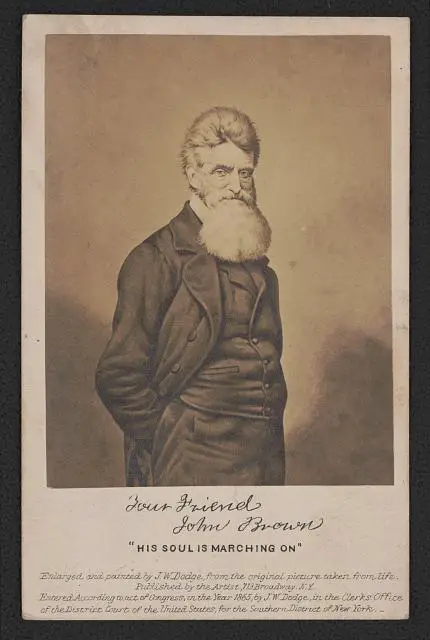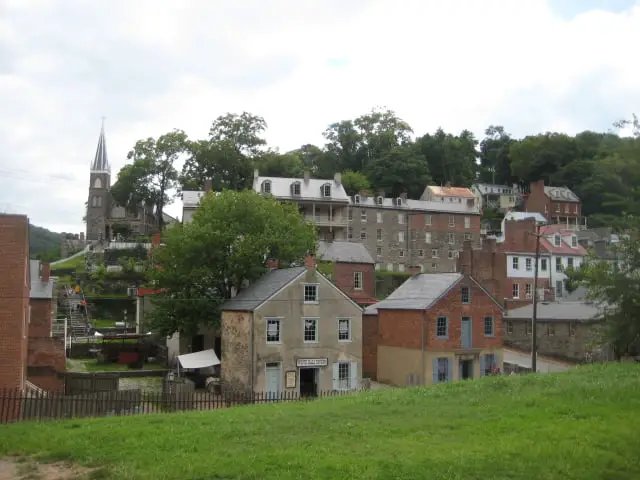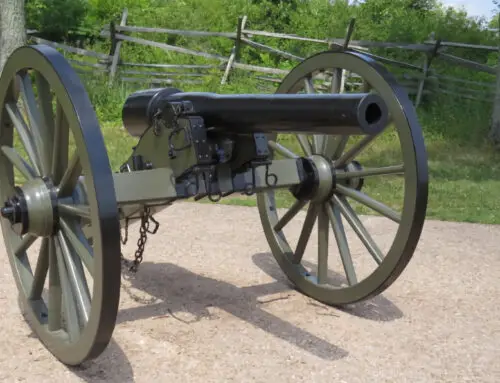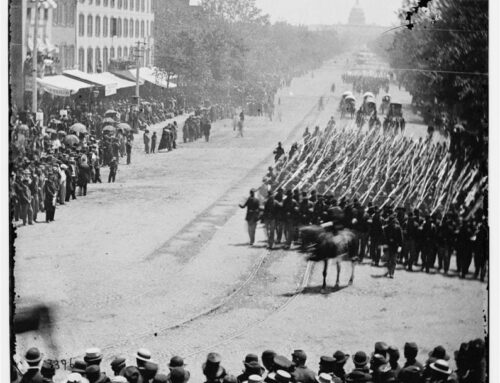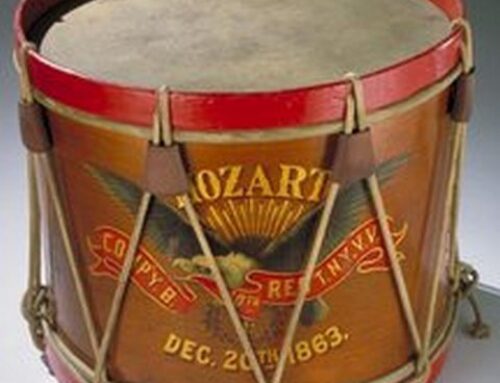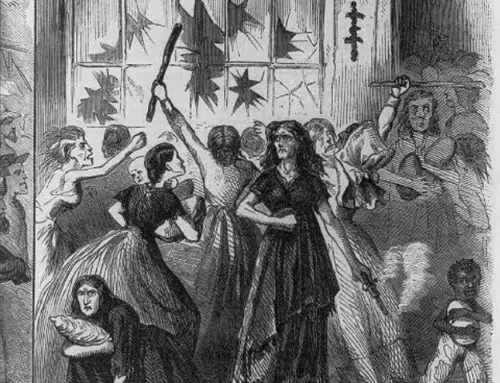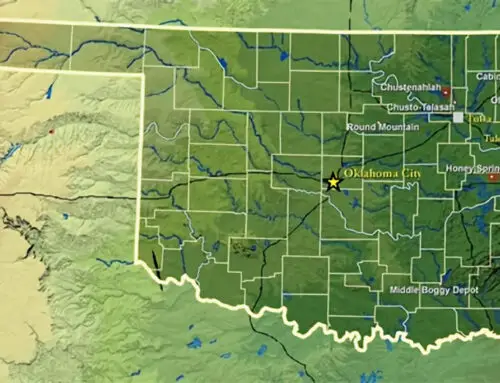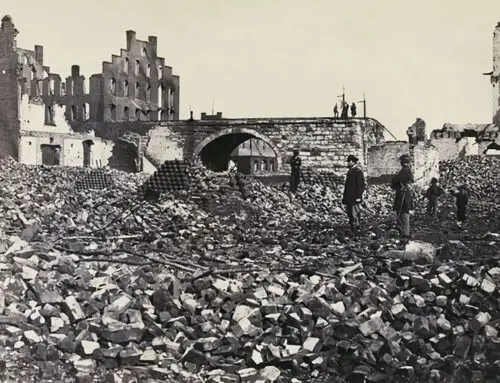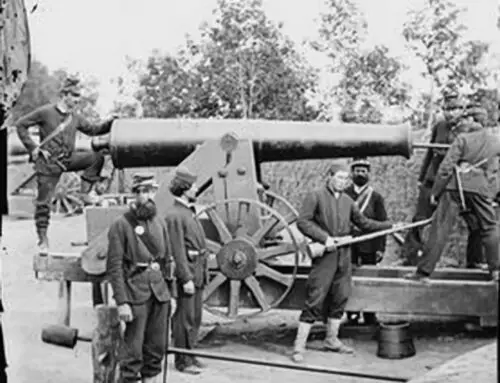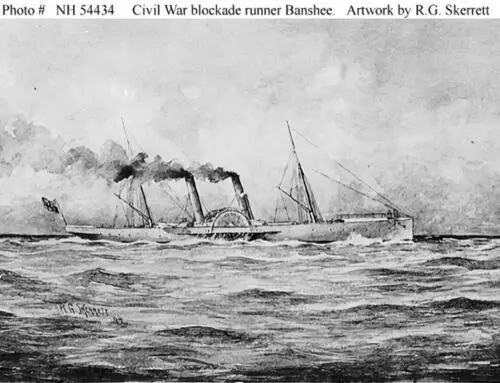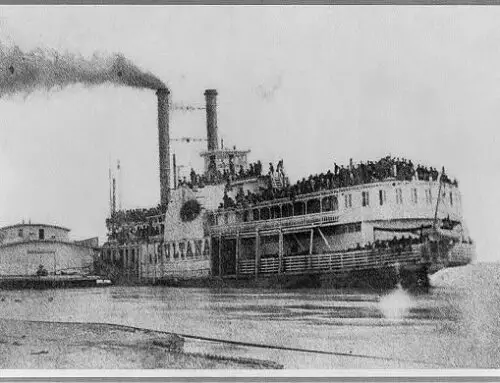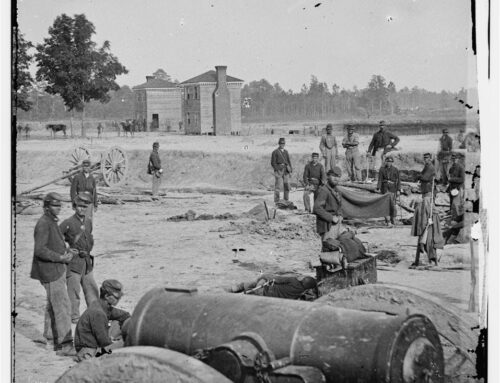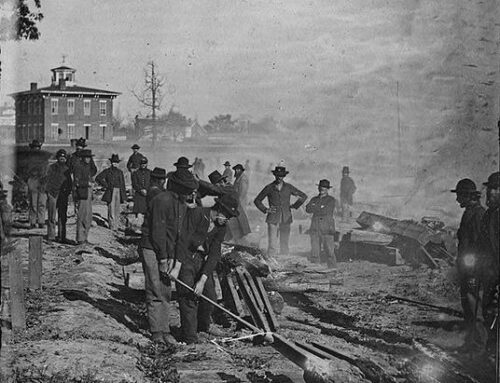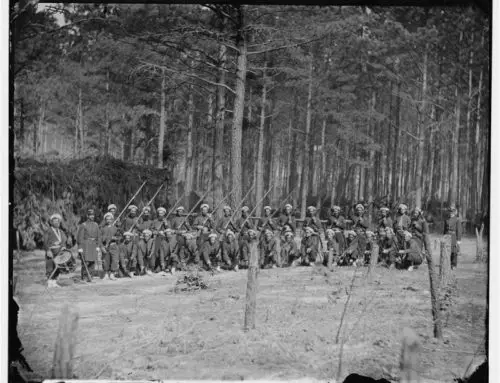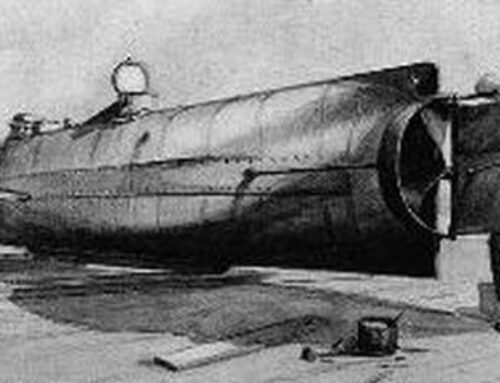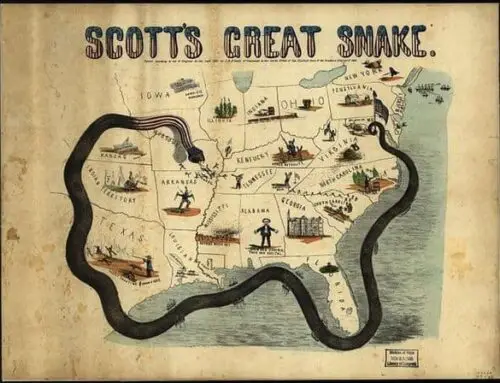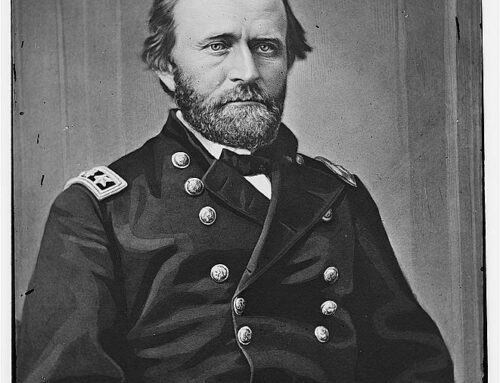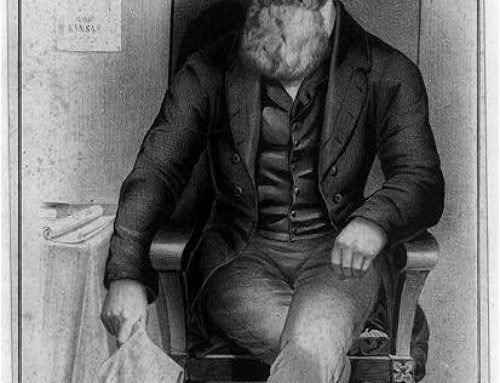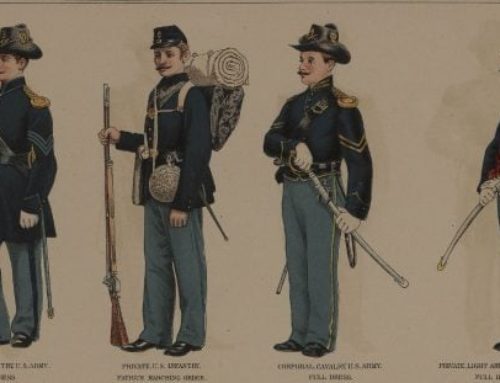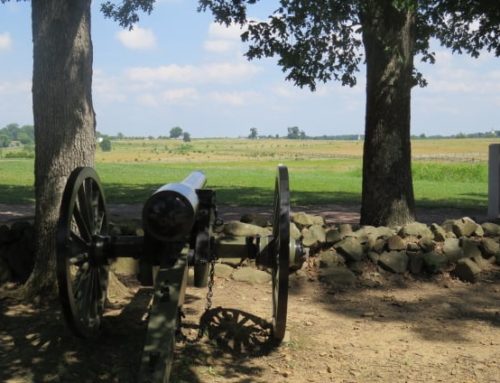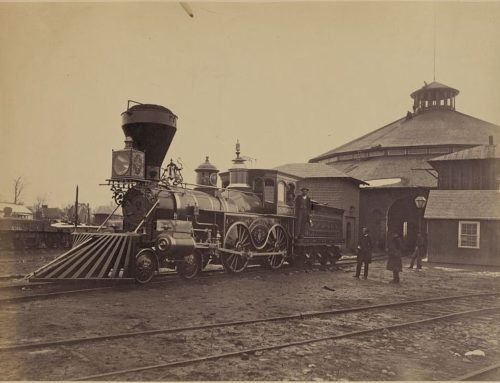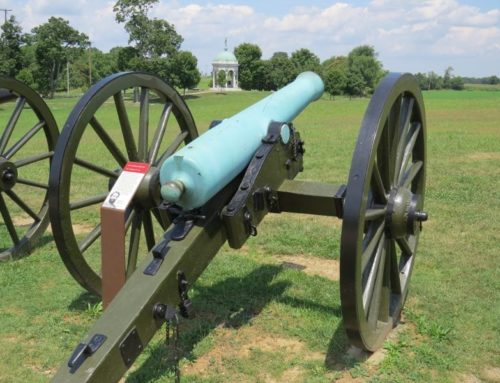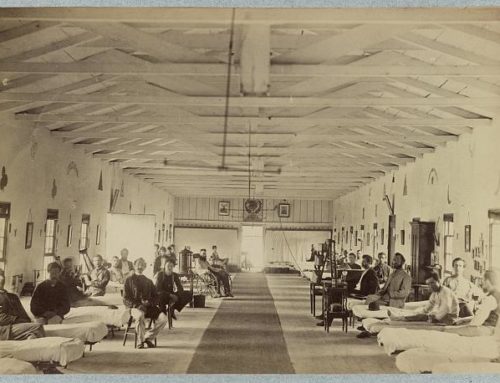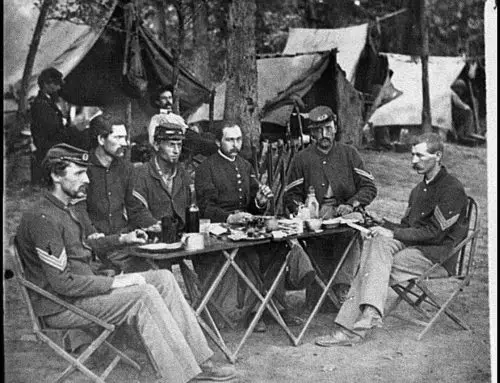Abolitionist Definition
Leading up to the outbreak of the Civil War the definition of abolitionist was a person who opposed slavery. Their goal was to abolish slavery immediately. John Brown, Frederick Douglass and Harriet Tubman are the most well known abolitionists.
Abolitionist Movement
The abolitionist movement began years before the Civil War broke out. Prior to the war in the 1850’s Kansas was in it’s own little war between abolitionists and slave holders. This was known as Bleeding Kansas.
Abraham Lincoln was opposed to slavery however he was not an abolitionist. The abolitionist definition was a fanatical belief that slavery should immediately cease and all slaves should be freed without delay. Lincoln wanted to end slavery gradually over a period of time.
The southern states felt extremely threatened by the abolitionist movement and by Abraham Lincoln. They knew that if he was elected in 1860 the institution of slavery would be under direct attack.
The entire economy of the south depended on agriculture and slavery, with the election of Abraham Lincoln in 1860 the south had no choice but to immediately secede and withdraw from the Union.
Abolitionist John Brown
John Brown is one of the most famous abolitionist. He was heavily involved with the fighting against the pro slavery groups in Kansas during the 1850’s. On May 24th 1856 he and his abolitionist group were responsible for murdering five pro slavery men known as the Pottawatomie massacre.
If you’d like to read more about John Brown check out #ad John Brown, Abolitionist: The Man Who Killed Slavery, Sparked the Civil War, and Seeded Civil Rights
John Brown is most famous for his raid against Harper’s Ferry Virginia on October 16th 1859. The idea was that he and twenty-one of his followers would raid the town, capture the arsenal and recruit nearby slaves to rise up against their masters and join him in a revolution to end slavery.
He would form a slave army that would be armed with weapons from the Harper’s Ferry arsenal.
In reality the plan never had any hope of success. The group captured the town easily since there was little resistance however his slave army never materialized. There was no mass uprising to support his cause.
As John Brown and his men waited in Harper’s Ferry hoping slaves would come to their aid, they were instead greeted with local militia forces who had been alerted to the attack and quickly converged on the town.
After a small skirmish with the militia they were eventually trapped inside the firehouse. With the arrival of 90 US marines commanded by Colonel Robert E. Lee the raiders were overwhelmed and forced to surrender.
John Brown was later tried and executed for treason on December 2nd 1859.
While the raid failed it did bolster the anti-slavery movement in the north. Some northerners praised the raid and renewed their call for the end of slavery.
Abolitionist Frederick Douglass
Frederick Douglass is another well-known abolitionist from the Civil War.
He was born into slavery around 1818 but was able to escape when he was around twenty years old.
After his escape he began to get more involved in the abolitionists efforts to end slavery. He met another staunch abolitionist William Lloyd Garrison who offered to accept him into the Massachusetts Anti Slavery Society, Douglass soon began giving many speeches to northern crowds.
Frederick Douglass wrote three books about his life as a slave #ad Frederick Douglass : Autobiographies : Narrative of the Life of Frederick Douglass, an American Slave / My Bondage and My Freedom / Life and Times of Frederick Douglass which offer a fascinating glimpse into Frederick Douglass through his own eyes.
During the Civil War he offered his counsel to President Lincoln and convinced him to begin to focus more on abolishing slavery everywhere and to make it clear the the north was fighting this war to end slavery.
Emancipation Proclamation
On January 1st 1863 the Emancipation Proclamation took effect. This made slavery illegal in all of the rebellious states, it did not change anything for the border states, however most of them decided to end slavery on their own before the Civil War ended in April 1865.
On December 16th 1865 the Thirteenth Amendment was ratified making slavery in the United States illegal. African Americans would go on to win the right to vote and receive full citizenship. With these things accomplished the abolitionist movement succeeded in fulfilling it’s goals.

